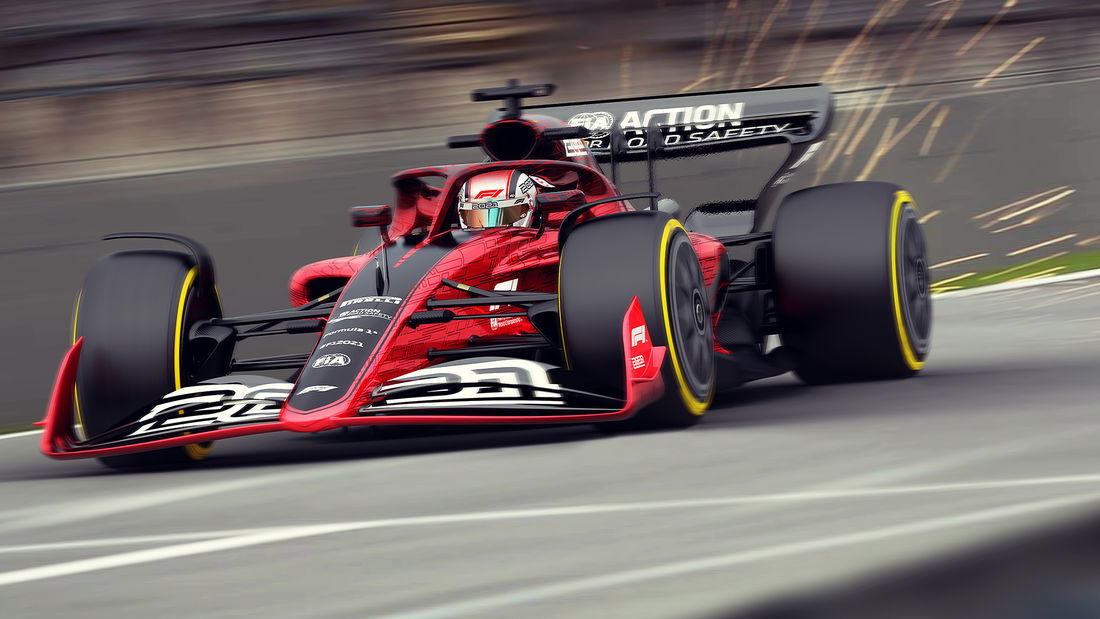Ross Brawn: F1 races could go ahead with fewer than 12 cars
Formula 1 motorsport chief Ross Brawn says races could take place with fewer than 12 cars on the grid this season and still count towards the world championship.
F1 sporting regulations state that an event “may be cancelled if fewer than 12 cars are available for it” but not that it is required to be called off, with Brawn pointing out that exceptions can be made at the discretion of the FIA in unprecedented situations, such as the ongoing coronavirus pandemic.

Formula 1 motorsport chief Ross Brawn says races could take place with fewer than 12 cars on the grid this season and still count towards the world championship.
F1 sporting regulations state that an event “may be cancelled if fewer than 12 cars are available for it” but not that it is required to be called off, with Brawn pointing out that exceptions can be made at the discretion of the FIA in unprecedented situations, such as the ongoing coronavirus pandemic.
Brawn, who previously said that F1 would not host a world championship race if teams were unable to enter a country due to the COVID-19 outbreak, has now seemingly opened up the possibility for races to go ahead with significantly smaller grids.
“We need 12 cars or more to hold a championship race although that, actually, is at the discretion of the FIA,” Brawn told Sky Sports following the cancellation of the Australian Grand Prix.
“They could choose, in unusual circumstances, to allow less than that. But 12 cars is what’s written there.”
The 2005 United States Grand Prix controversially went ahead with just six cars competing in the field despite 20 cars qualifying.
Brawn remains confident F1 will be able to host at least 17-18 grands prix this year with teams set to agree to bringing the summer shutdown forward to March-April in order to free up weekends in August to potentially hold already-postponed races.
At least eight grands prix need to be completed for the season to be considered a world championship and Brawn hopes that F1 teams will be flexible in their approach to the rejigged season.
“What we need this year from the teams is flexibility,” he explained.
"They need to give some scope, because we are in very unusual circumstances and we’ve got to make sure we have a season that gives good economic opportunity for the teams.
“We need to make sure we don’t put teams in too much hardship because we can’t have the races because somebody doesn’t want to do three races on the trot.
“I’m sure the teams will be flexible to allow us to get those things in.”
F1 hopes to get the 2020 season underway at the Monaco Grand Prix on May 24, after seeing the first four events in Australia, Bahrain, China and Vietnam called off, with major doubts remaining over the Dutch and Spanish grands prix in early May.


